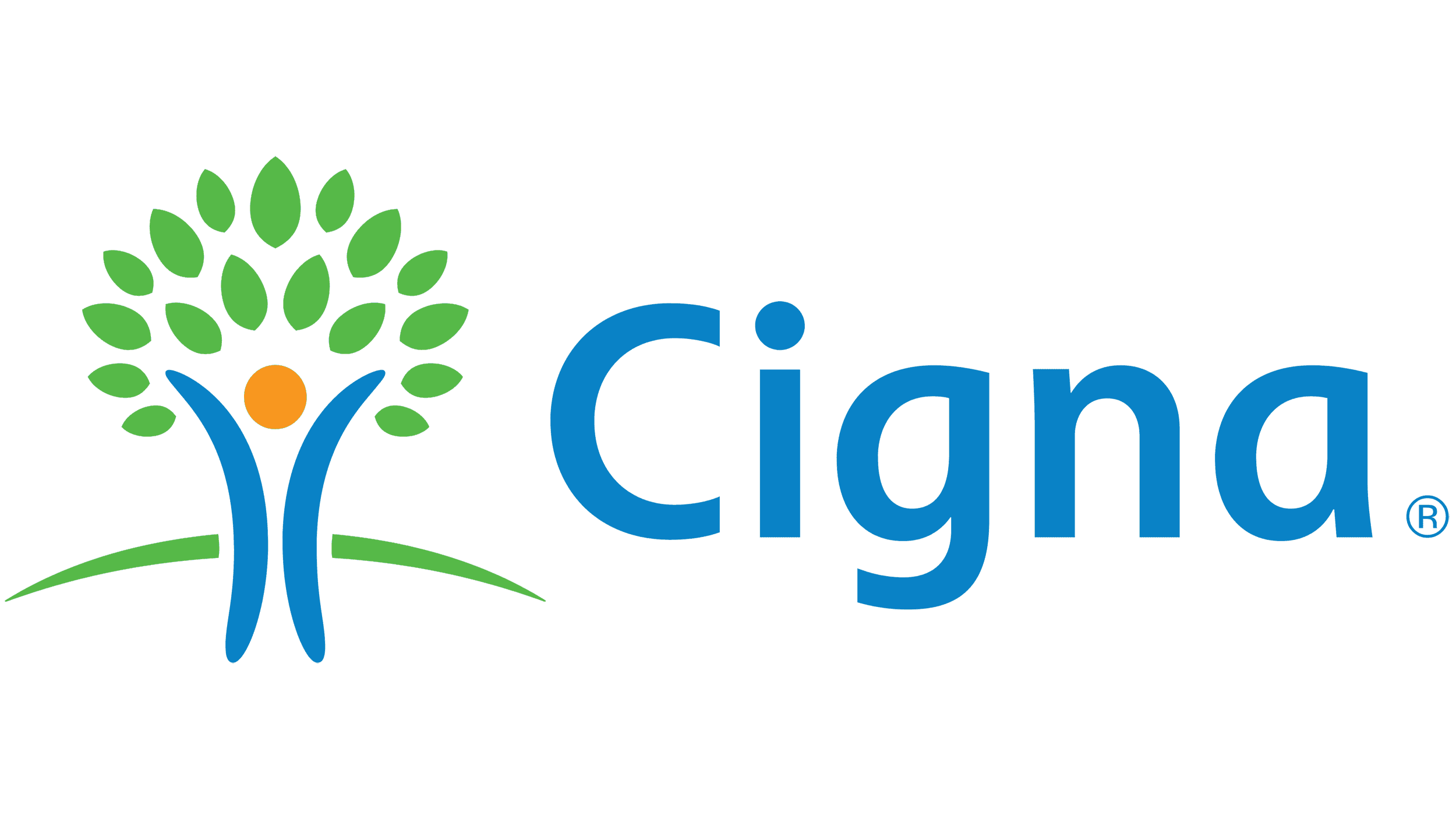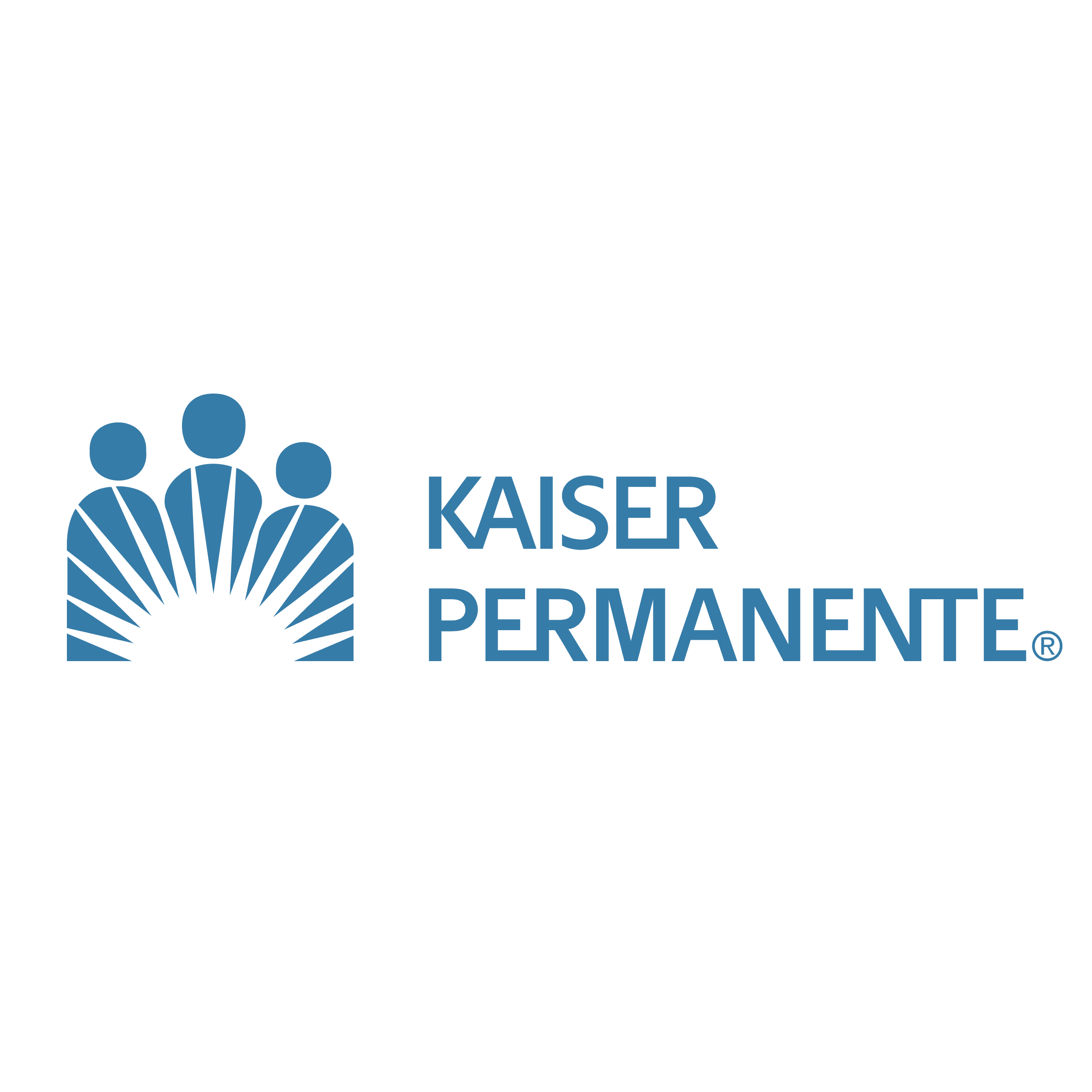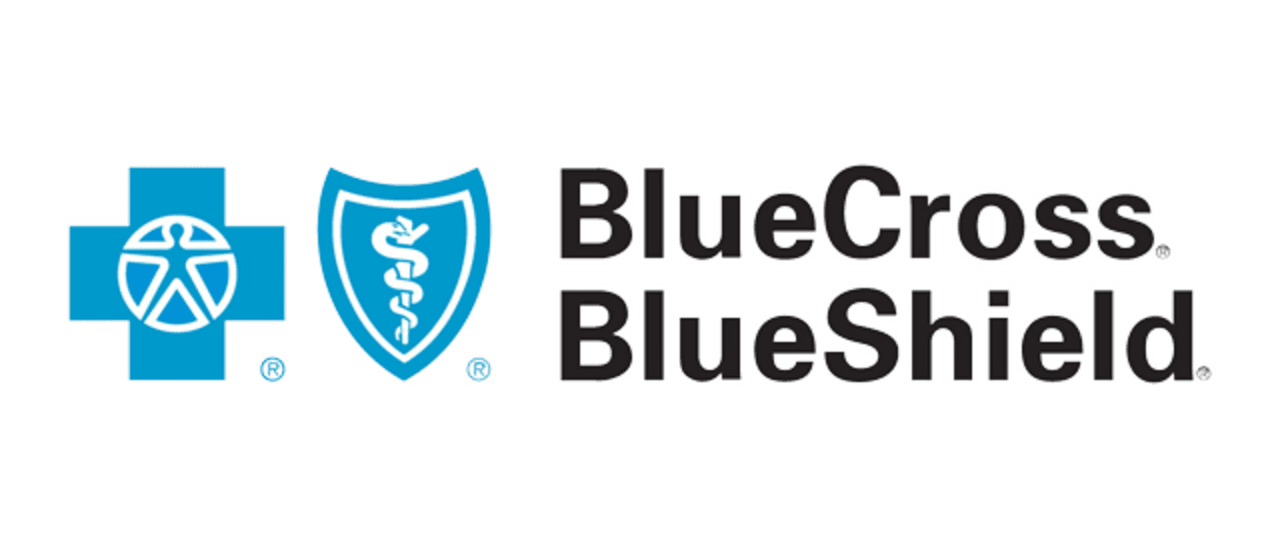Please find answers to some of the most commonly asked questions by clients entering treatment at CRI-Help. If
If you have questions that are not addressed here, do not hesitate to reach out to one of our team members on our Contact Us Page. Please also be sure to read through our Family Orientation Handbook for details on CRI-Help’s treatment approach and programs.
-
Can I bring my cell phone?
Since we cannot assure the safety or security of valuable items, we ask that clients refrain from bringing cell phones, credit cards, expensive jewelry, checkbooks, computers, etc. Possession of these items upon admission into treatment is prohibited. Following completion of the orientation period, clients will be permitted to use CRI-Help’s phones.
-
Can I work while I am in treatment?
Many clients enrolled in CRI-Help’s outpatient programs are employed full-time and attend groups and individual counseling sessions outside of their regular work hours. During residential treatment, clients must complete the orientation period and progress through treatment phases before seeking employment or returning back to work. The Phase System is described in the Family Orientation Handbook.
-
When can I see my family?
Visitation occurs on Saturdays or Sundays, depending on the facility, after clients reach Phase Two. Parents with children ages 12 and under are permitted visits from their children during the Orientation Phase and outside of the ordinary visiting hours. Of course, we understand that you may have special needs, so feel free to ask! CRI-Help provides a program specifically designed for family members, including parents, children, siblings, spouses, and significant others. More information about CRI-Help’s Family Education Group and Multi-Family Group can be found in the Family Orientation Handbook.
-
What can I bring?
Please refer to the Family Orientation Handbook for information about what you can bring into treatment.
-
Can I smoke cigarettes while I’m in residential treatment? What about vaping?
The use of tobacco products is permitted in designated areas only in residential treatment. Rolling tobacco is not permitted. Vapes or e-cigarettes are not permitted. All clients receive a tobacco use assessment at admission and are encouraged to participate in CRI-Help’s smoking cessation program.
-
Do you have financing options?
CRI-Help accepts Medi-Cal for Los Angeles County residents and offers a sliding-fee scale.
-
Can I bring my kids?
Children are allowed to visit their parents in treatment on Saturdays and Sundays, depending on the facility. Also, children 12 and older are allowed to participate in Multi-Family Group Therapy.
-
Can I bring my pets?
No pets are allowed. Americans with Disability Act (ADA) service animals are permitted.
-
What are your credentials/qualifications?
CRI-Help’s treatment team is composed of licensed and certified treatment professionals, including doctors, nurses, therapists, and certified drug counselors. CRI-Help is licensed and certified by the State of California, and accredited by Commission on Accreditation of Rehabilitation Facilities (CARF).
-
Do you have a doctor on-site?
We have a doctor or nurse practitioner on-site five days a week and available seven days a week for clients receiving Incidental Medical Services. We are happy to coordinate your doctor appointments through our social services office.
-
Are you a 12-Step program?
CRI-Help treatment programs utilize 12-Step Facilitation Therapy, which is an evidence-based practice. Clients are introduced to 12-Step meetings and study literature from the program that best suits them. 12-Step work is used in conjunction with CRI-Help’s range of treatment protocols, to optimize for the best recovery outcome.
-
Is it a co-ed facility?
Yes, CRI-Help is a co-ed facility. However, we strongly discourage communication between the opposite sexes outside of groups, as we believe it hinders the treatment process. CRI-Help also provides gender-specific care through our Men’s and Women’s Treatment Programs.
Our work has a lasting impact on the community.
-
Years of legacy
53
-
# of clients treated since 1971
55,000
-
# of beds
300+
-
Staff members, interns, and volunteers
187
-
Percentage of clients who reported staying clean during initial post-treatment follow-up
87
-
Percentage of clients who leave CRI-Help satisfied
90
We are in-network with most major insurance providers
-

-

-

-

-

-
 Blue Cross
Blue Cross -
 MHN
MHN -
 Magellan
Magellan
